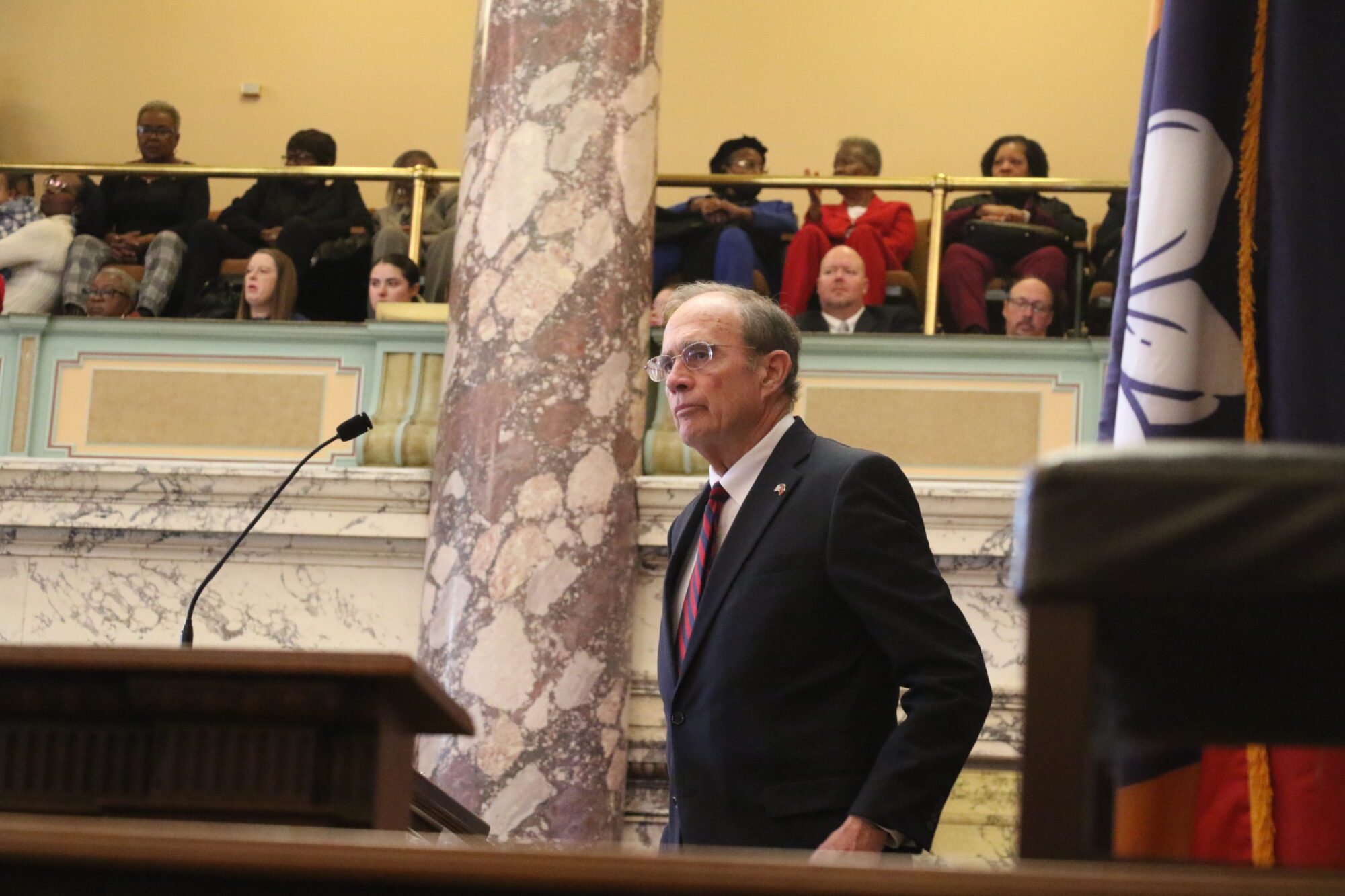SID SALTER: Implementation of state’s new voter ID law was a non-event
Imagine my absolute shock on Election Day when I approached the South Starkville precinct with my wife and we were indeed not overrun by voters stampeding from the precinct in fright over the requirement that they produce a photo ID in order to vote.
Despite the predictions of post-apocalyptic turmoil from opponents of adopting a voter identification law in Mississippi, the debut of voter ID in Mississippi in practical application was a non-event. Voters didn’t recoil from the process as predicted and there is no discernible evidence that voter ID had any impact on voter turnout.
The fact of the matter is that voters didn’t react any more or less to being asked for an ID in the voting precincts than they do in airports, financial institutions or other venues in which photo IDs are required.
Secretary of State Delbert Hosemann, who orchestrated the orderly, well-planned implementation of Mississippi’s voter identification law, gave a succinct but factual account of why the much-ballyhooed reality of voter ID was much easier implemented than political alarmists had predicted.
“We have devoted countless hours of time and training to election officials across the state. No news is good news,” Hosemann told the media Tuesday. “We believe Mississippians were ready to put this issue behind us. It was time for us to close this chapter in our history. We have done so today.”
Predictably, the national debate on voter ID continues. From the left, the argument continues that voter ID is a solution in search of a problem. MSNBC recounts the story of a 93-year-old Alabama man they claim was disenfranchised by Alabama’s voter ID law.
Simultaneously, Fox News reports that a new poll finds strong support for voter ID laws among all demographics, including Democrats and African American respondents. The Fox poll argued that some 51 percent of black respondents to the poll supported voter ID.
A University of Southern California study argues that researchers established “discriminatory intent” on the part of some legislators nationally who supporter voter ID laws in 14 different states that did not include Mississippi.
But reports from across Mississippi on Tuesday were consistent – the implementation of the state’s voter ID law went smoothly and had no discernible impact of predicted voter suppression. Clearly, the 2015 statewide elections will provide a more pervasive test of that reaction, but Hosemann’s reaction to the 2014 primary debut of the law was extremely positive.
Daily Journal
6/4/14







